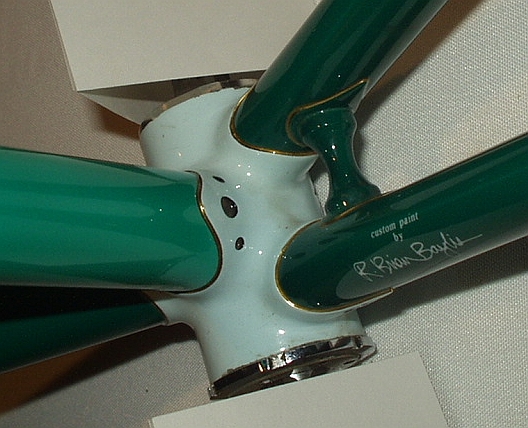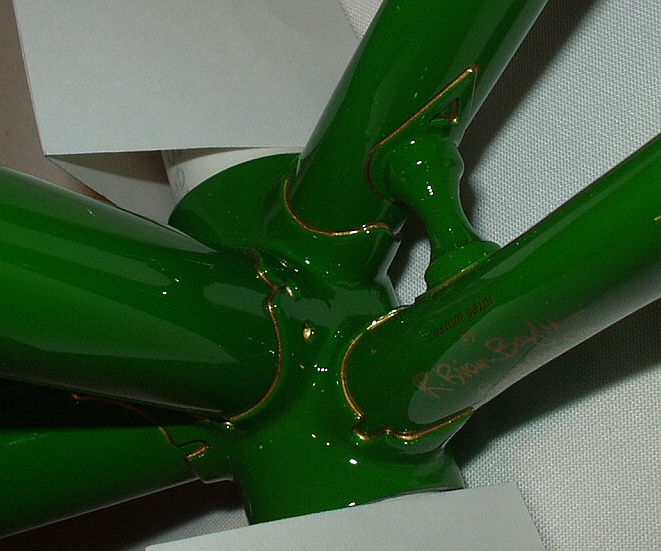There is a surprising low profit margin on amp building. Dr. Z broke down his pricing over a the Amp Garage one time, ...
He doesn't mention what the wholesale price is. That list price includes the dealer's cut.
The smaller the shop, the more overhead you have to build into each amp's price. A small or one-man shop has less buying power for supplies, and lower production, so they have to earn back more per amp. The man behind Soultone amps was doing great until he got sick, then amps missed deadlines and his revenue stream was disrupted...if you don;t ship product, you don't get paid, but the bills kept coming; by the time he had recovered, his credit was ruined and he could no longer get parts upfront...Soultone closed. Lots of amp builders close. It's just that tight despite the high price.
Here's what you should get for that money...a great, reliable amp from a professional craftsman, maybe even some custom tuning to taste. Can you often get this without buying boutique...mostly, but you make a choice to support a craftsman. In theory you get a great warranty with personal service; in reality... lots of amp builders close and that warranty is worthless.
And I totally agree..a great-sounding clean channel is the hardest thing to design.

 . That is a great breakdown and an honest explanation for why sometimes "boutique" is pricey.
. That is a great breakdown and an honest explanation for why sometimes "boutique" is pricey. .
.

